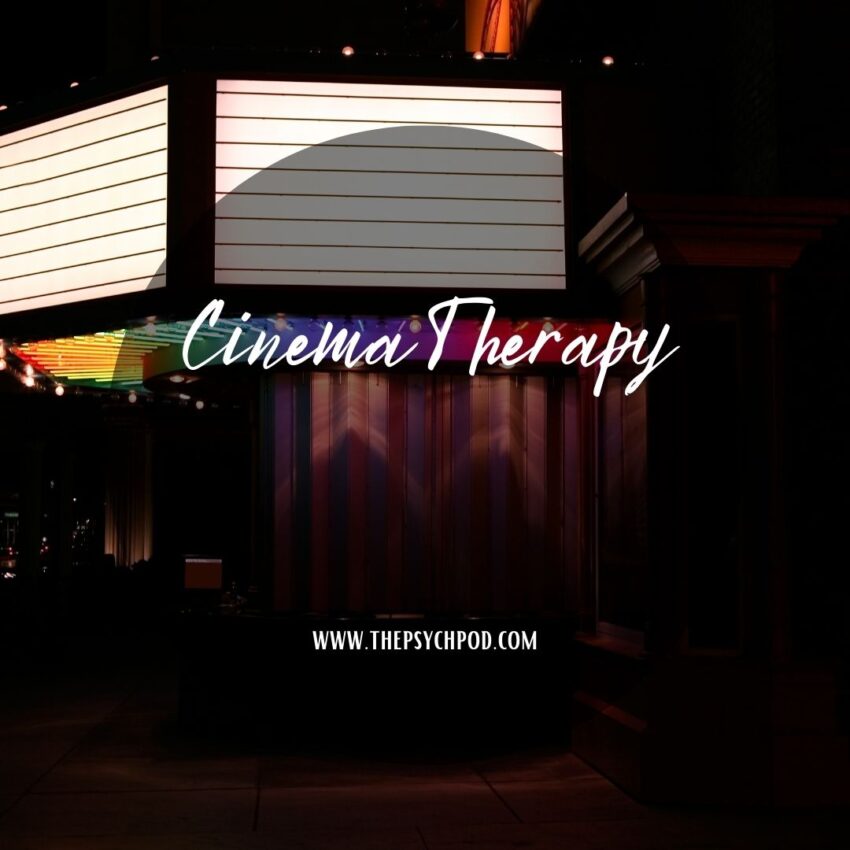Cinema therapy, also known as film therapy or movie therapy, is a form of therapeutic intervention that utilizes the power of films to help individuals explore and process their emotions, thoughts, and experiences. This approach recognizes the impact that movies can have on our emotions and psyche, and leverages it as a tool for self-reflection and personal growth.
The concept of cinema therapy is rooted in the idea that films can serve as a mirror to our own lives and experiences, providing a safe and controlled environment to engage with complex emotions and situations. It allows individuals to connect with characters and storylines, providing a sense of validation and understanding for their own struggles and challenges.
There are various ways in which cinema therapy can be implemented. One common approach involves carefully selecting films that resonate with the client’s specific issues or emotions. For example, a movie about resilience and overcoming adversity might be recommended for someone dealing with a difficult life transition. Through guided discussions and reflections, the therapist helps the client process their reactions and insights generated by the film.
Additionally, cinema therapy can be used to stimulate dialogue and communication in group settings. Watching a film together and discussing its themes and characters can foster empathy and understanding among participants, leading to a deeper sense of connection and mutual support.
It’s important to note that cinema therapy is not a replacement for traditional forms of therapy, but rather a complementary tool that can be integrated into a broader therapeutic approach. It can be particularly effective for individuals who may find it challenging to articulate their feelings verbally, as it provides an alternative medium for expression.
When conducted by a trained therapist, cinema therapy can be a powerful tool for personal growth and self-discovery. It can help individuals gain new perspectives, develop empathy, and find inspiration for their own journeys. As with any therapeutic approach, it’s crucial that the process is guided by a skilled professional who can ensure that the chosen films and discussions are tailored to the client’s unique needs and therapeutic goals.
